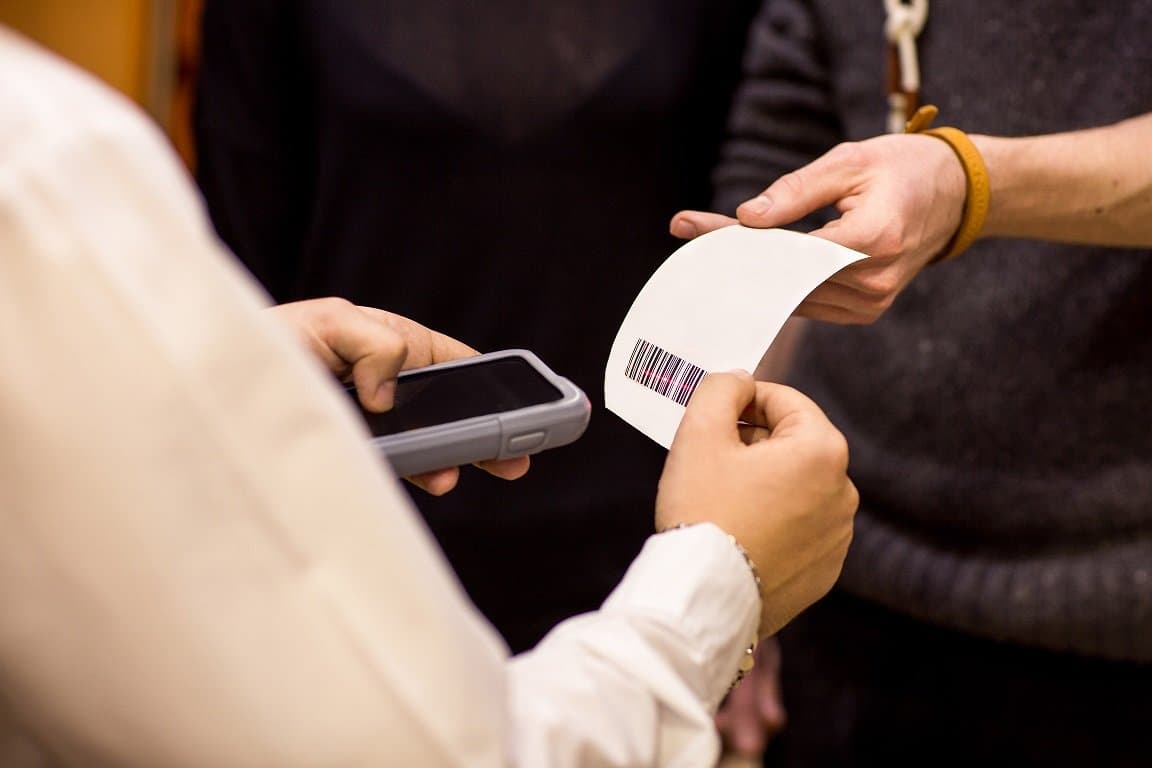Ticketing Industry Changes
As security measures make it more difficult for ticketing software vendors to bulk purchase and resell tickets, there has been an uptick in mergers and acquisitions within the space. At the same time, governments are reviewing the secondary ticket market on a global scale and it has been the subject of intensified legislative work.
Ticketing industry changes have brought about the concept of “the right pricing;” that is, selling the best venue seats in the house at a high price, then pricing the remaining seats based solely on demand (eliminating the secondary market).
The Future of Secondary Market
In the past, the secondary market mainly meant street traders who, outside the venue, bought cheap tickets from those who had some in stock, and resold the tickets at a higher price to those who at the last minute decided to make a purchase. Nowadays, the secondary market is dominated by online platforms for ticket sellers, mainly StubHub, Viagogo, Seatwave and GetMeIn1. In this case the price of resold tickets is usually much higher than the initial one.
In the UK this unethical process has resulted in a new law – effective from the 17th of January – that enforces companies reselling tickets to provide such information as:
- whether there is a risk that the ticket buyer will be turned away at the door,
- which seat in the venue the buyer will get,
- the identity of the seller if it is a business.
In addition, Viagogo is also required to make changes to its processes to:
- prevent customers being misled by messages about the availability and popularity of tickets
- make it easier for customers to get their money back under its guarantee when things go wrong – avoiding the risk of consumers’ claims being rejected unfairly
- ensure certain customers who made claims under Viagogo’s guarantee but didn’t get their money back will receive refunds if they were entitled to them2.
Furthermore, in response to these secondary market problems, organizations such as Face-value European Alliance for Ticketing (FEAT) arise. FEAT's goal is to encourage face-value ticket resale across Europe, meaning that tickets are resold for no more than their original price.
What next?
At Softjourn, we believe that the ticketing market transformation will generate additional market demand for software that enforces new regulations while taking into account ticket sales support based on attractive functionalities, such as dynamic pricing, dynamic generation of QR codes, smart tickets, biometrics, chatbots, and others.
We are recognized as a top California Web Design Company on DesignRush










